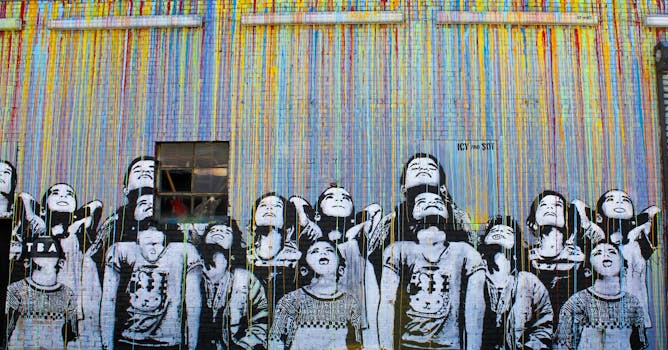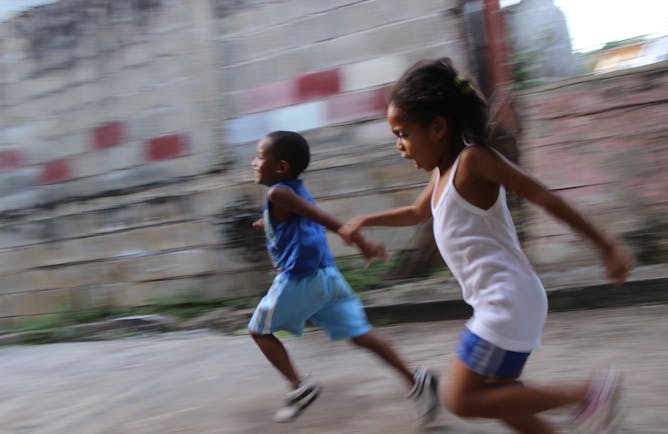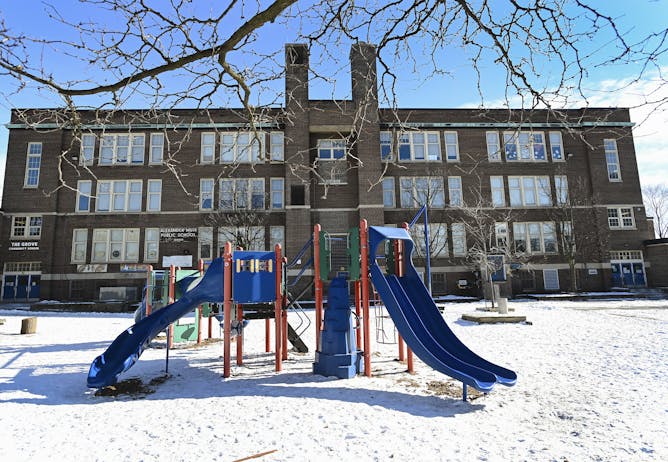|
Even before COVID-19, education experts were sounding the alarm about the future of racialized children in our schools. And the COVID-19 pandemic has only underscored — even deepened — the divide.
In the latest episode of our podcast Don’t Call me Resilient, I speak with Kulsoom Anwer, a high school teacher from one of Toronto’s most marginalized neighbourhoods. With her is Carl James, professor of education at York University. Together we discuss the injustices and inequalities in the education system and, in the conversation, we also explore some possible ways forward.
We always publish articles that address some of the issues raised in each episode of the podcast. Today in The Conversation Canada, Tanitia Munroe of the University of Toronto offers ideas on how to curb anti-black racism in Canadian schools and Jerome Cranston of the University of Regina looks at the problems with current anti-racism training in Canadian schools.
Also today:
Regards,
|

COVID-19 has highlighted longstanding racial inequalities in the education system. Educators say there is a way forward and out of this.
(Leonardo Burgos/Unsplash)
Vinita Srivastava, The Conversation
Carl James and Kulsoom Anwer discuss the injustices and inequalities in the Canadian education system.
|

What can be done to overcome systemic racial inequalities in the education system?
(Unsplash)
Vinita Srivastava, The Conversation; Ibrahim Daair, The Conversation
Transcript of Don't Call Me Resilient, Episode 3.
|

Ending racism in schools requires a deep understanding of anti-Black racism.
(Wayne Lee Sing/Unsplash)
Tanitia Munroe, University of Toronto
Although school boards have yet to find a systemic way to combat anti-Black racism, educators are in a unique position to correct these injustices.
|

Ministries of education need to embed ongoing anti-racist training into their teacher education programs. Short-term anti-bias training has little impact. Here, a school school in Toronto.
THE CANADIAN PRESS/Nathan Denette
Jerome Cranston, University of Regina
COVID-19 has exposed how systemic racism affects the lives of many racialized students in Canada. But what are some possible solutions?
|
Today's Featured Articles
|
-
Cassandra Preece, McMaster University; Helen Beny, McMaster University
Internet shutdowns and social media bans in Myanmar have helped the military retain control after the Feb. 1 coup. Here's why ISPs should develop clear policies around forced internet shutdowns.
-
Janice Forsyth, Western University
The Lou Marsh Trophy was named after the famous sports journalist and editor. But Marsh's sports coverage of racialized athletes was problematic — should this prompt a renaming of the award?
|
|

Le déploiement avec succès d’outils numériques en contexte de pandémie commande leur intégration dans une politique et une stratégie inclusives.
Shutterstock
Lyse Langlois, Université Laval; Aude Motulsky, Université de Montréal; Bryn Williams-Jones, Université de Montréal; Catherine Régis, Université de Montréal; Guillaume Macaux, Université Laval; Jean-Louis Denis, Université de Montréal; Karine Gentelet, Université du Québec en Outaouais (UQO); Nathalie de Marcellis-Warin, Polytechnique Montréal; Pascale Lehoux, Université de Montréal; Philippe Després, Université Laval
Le succès relatif des applications de notification de contact, tant au Canada qu’ailleurs dans le monde, a mis en évidence la nécessité d’informer la population sur leurs enjeux éthiques.
|

L'objectif de 10 000 pas par jour relève plus du marketing que de la science.
shutterstock
Lindsay Bottoms, University of Hertfordshire
Atteindre seulement la moitié de cet objectif apporte déjà de grands bienfaits pour la santé.
|